Hong Kong’s Democratic Party to discuss potential disbandment – reports
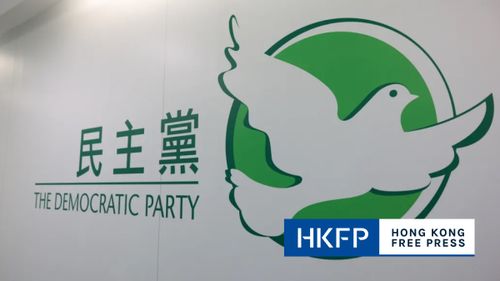
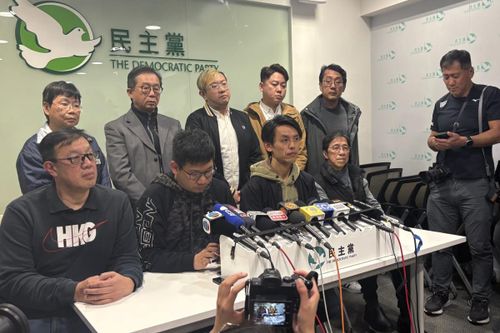
Hong Kong’s largest pro-democracy party took an initial step toward dissolving Thursday, in the latest sign of the Chinese territory's narrowing space for civil society groups following Beijng's crackdown on dissent. The Democratic Party's central committee decided to set up a task force to look into the procedures involved in dissolving the party. A final decision would require approval of the party's members. Party Chairperson Lo Kin-hei said at a news conference late Thursday that party leaders made the decision based the current political situation and social climate, and said the party did not have any acute financial burdens. “When we have to move toward this direction, we, of course, feel it is a pity. I believe every member cherishes the existence of the Democratic Party in Hong Kong,” he said.
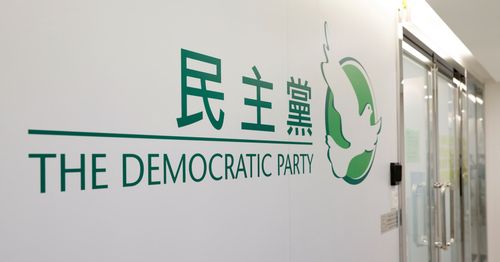
Hong Kong's Democratic Party said late on Thursday it would start preparations to disband and wind up its affairs after a meeting of its leadership, amid a years-long national security crackdown in the China-ruled city. Founded in 1994 in the run-up to the city's return from British to Chinese rule in 1997, the Democratic Party grew into the largest and most successful opposition party -- garnering strong public support in city-wide elections and has long been a key symbol of the city's freedoms and plurality, opens new tab.
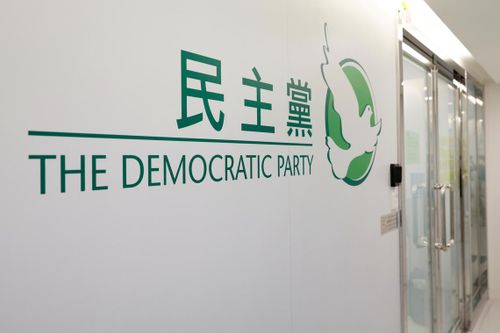
Hong Kong's Democratic Party said late on Feb 20 that it would start preparations to disband and wind up its affairs after a meeting of its leadership, amid a years-long national security crackdown in the city. Founded in 1994 in the run-up to the city's return from British to Chinese rule in 1997, the Democratic Party grew into the largest and most successful opposition party – garnering strong public support in city-wide elections, and it has long been a key symbol of the city's freedoms and plurality. Democratic Party chairman Lo Kin-hei said the party's members still needed to vote on the dissolution to make it final at a future meeting, with a 75 per cent majority required from the members in attendance.

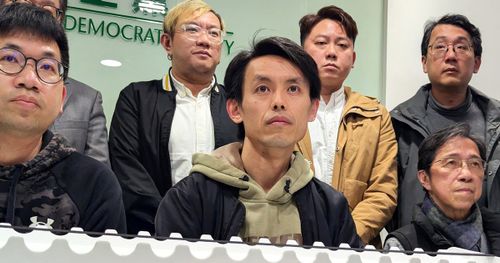
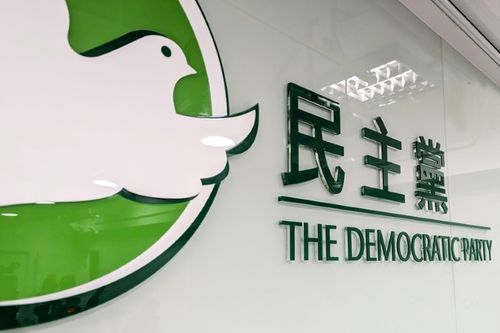
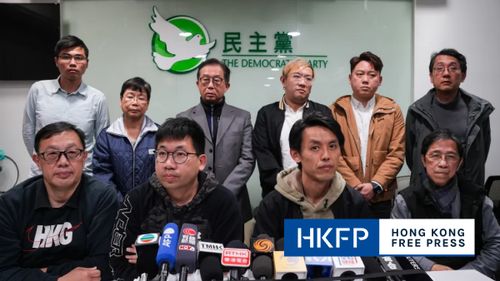
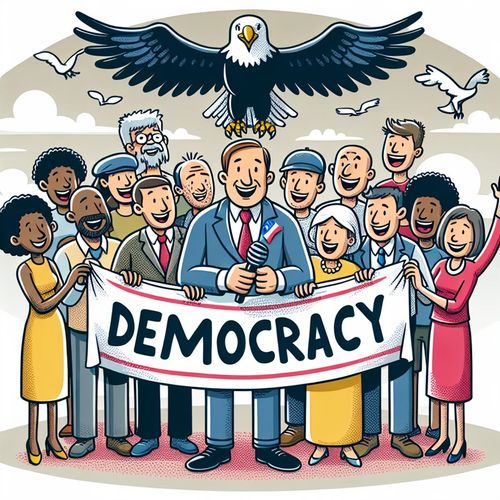
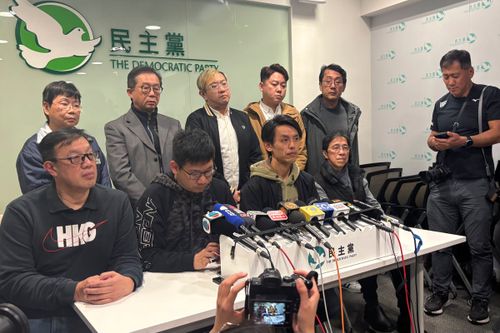
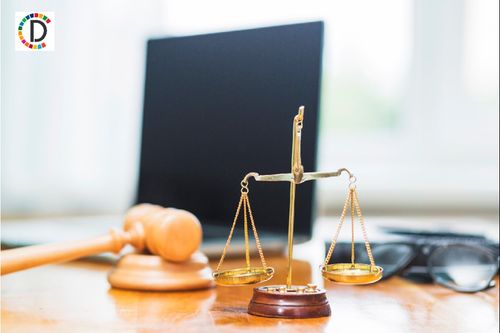
23h ago — US Vice President JD Vance expressed disapproval of Germany's free speech laws at a conservative event near Washington. He linked these restrictions to the presence of American troops in Germany, questioning American taxpayer support if individuals face legal action for online comments in the country.
 Devdiscourse
Devdiscourse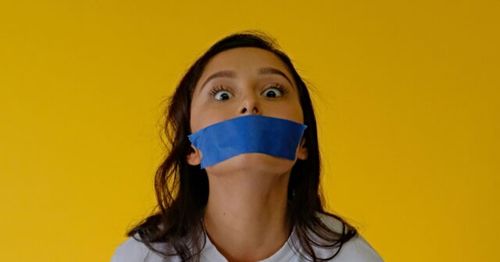
23h ago — The Federal Trade Commission on Thursday said it is launching an investigation into "un-American" big tech censorship.
 Breitbart
Breitbart
2d ago — Google enables marketers to target people with serious illnesses and crushing debt—against its policies—as well as the makers of classified defense technology, a WIRED investigation has found.
 Wired
Wired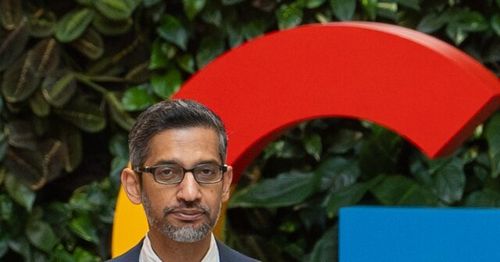
23h ago — A Wired investigation has uncovered that Google's Display & Video 360 ad platform allows marketers to target users based on sensitive personal information like chronic illnesses and employment in national security roles, going against the company's own policies.
 Breitbart
Breitbart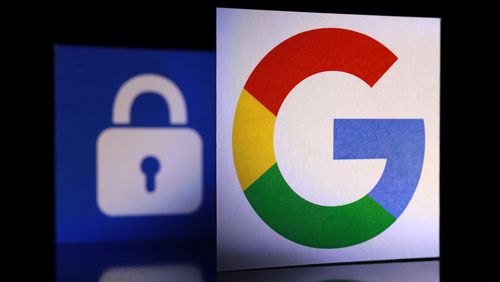
2d ago — Your life may revolve around your Gmail, Google Drive, Google Photos, and YouTube, but you can be banned from using them. Here's how to respond.
 SlashGear
SlashGear